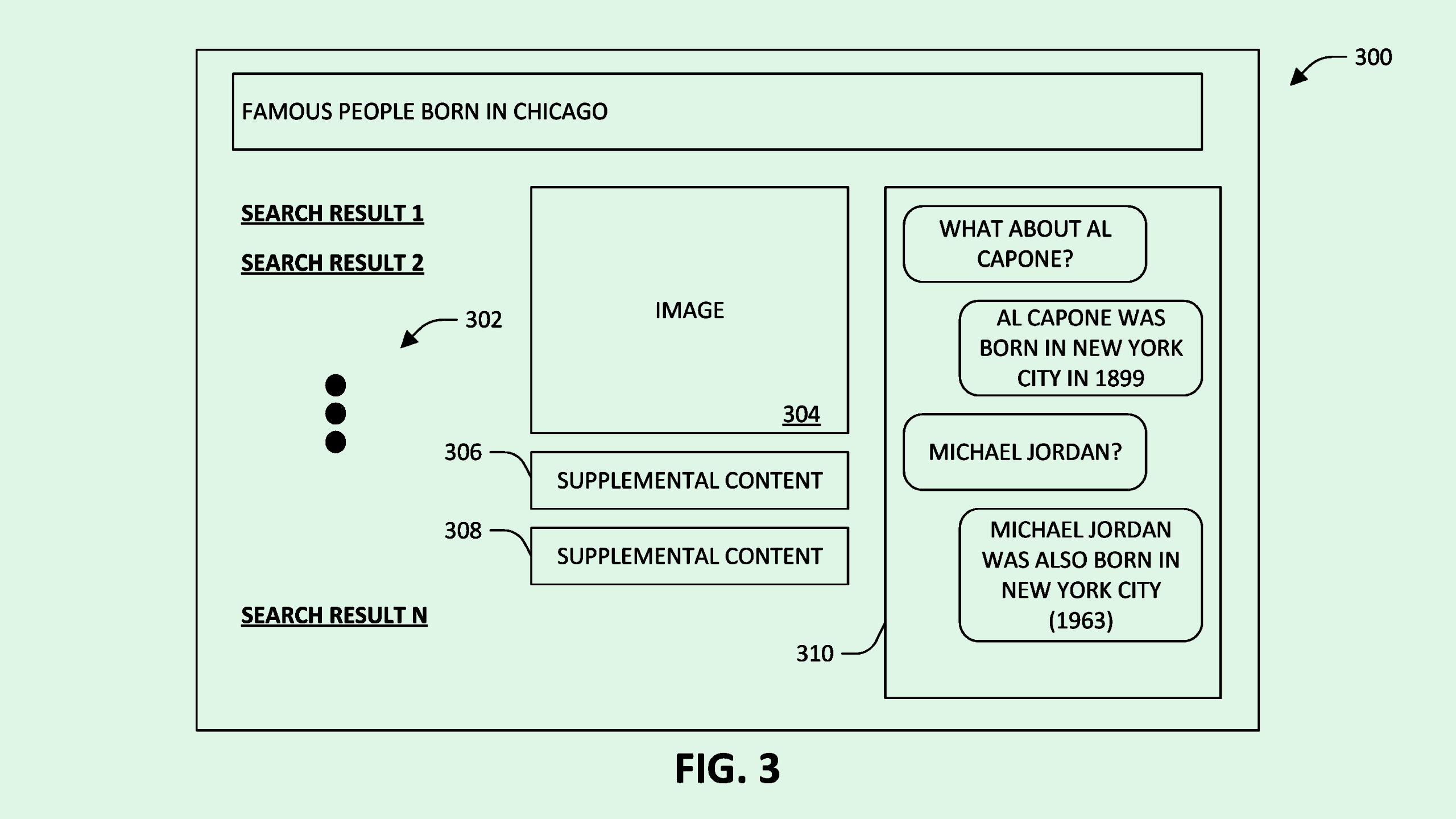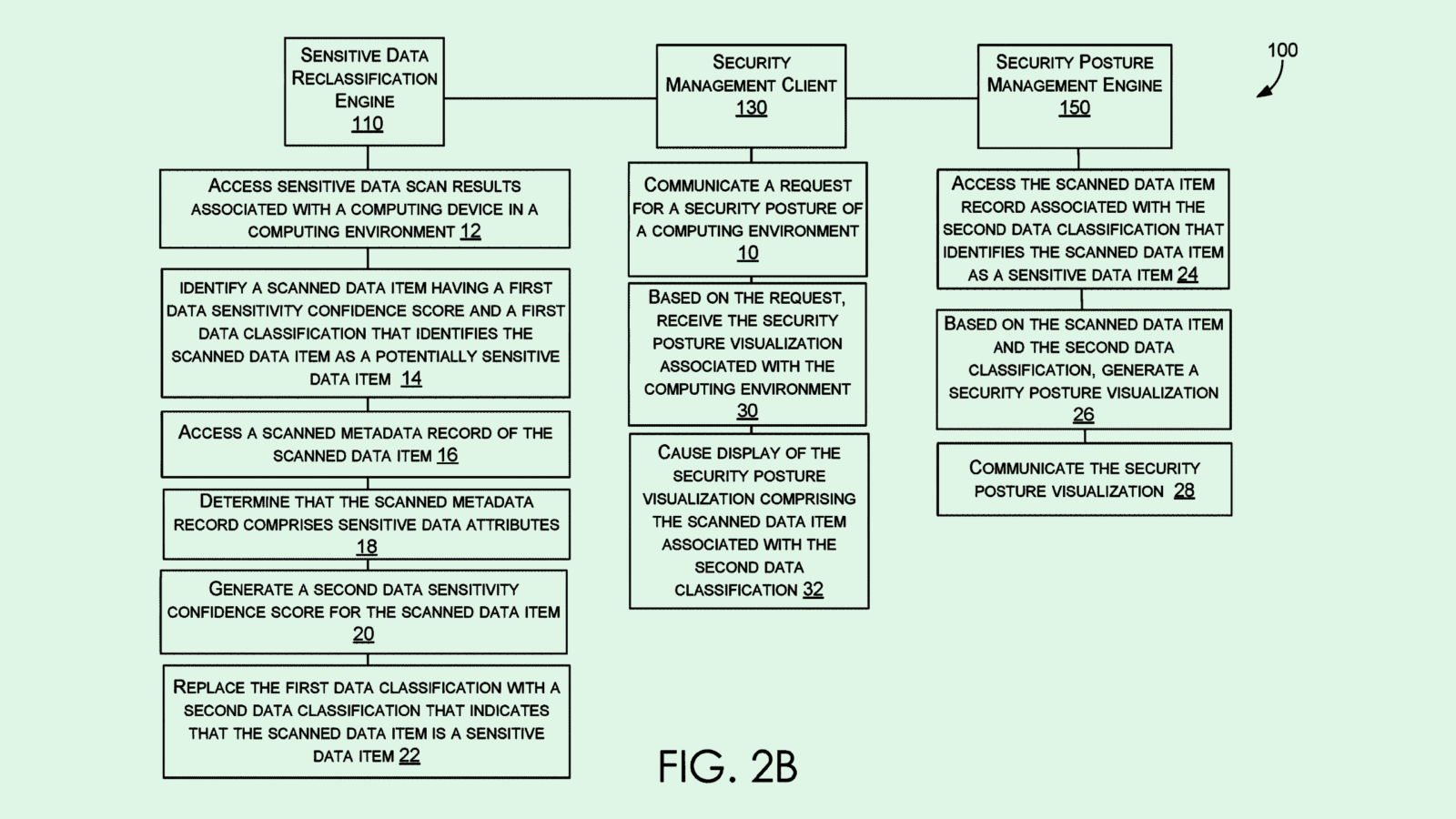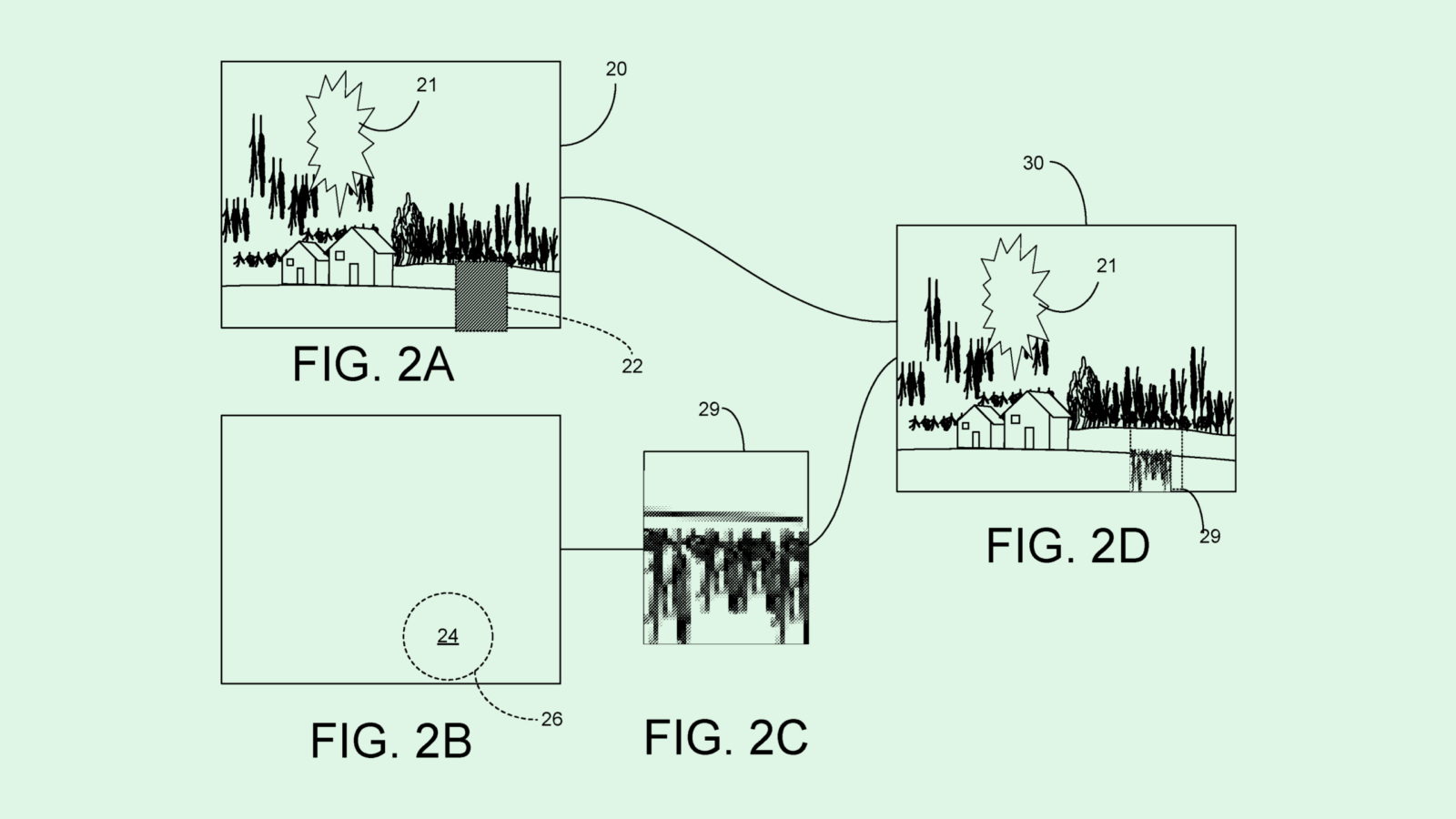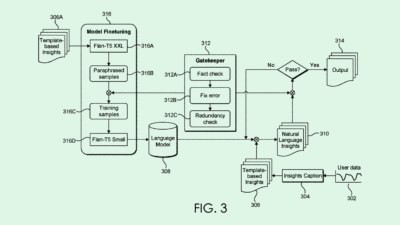What’s Next for Microsoft, Bing in the Google Antitrust Decision?
Microsoft’s generative AI search patents could help it gain ground against Google — especially amid its recent antitrust loss.

Sign up to uncover the latest in emerging technology.
Google has long had a stranglehold on search. But amid its antitrust shakeup, it may be Bing’s time to shine: Microsoft filed several patent applications aiming to beef up its search engine with generative AI.
“Both conventional search engines and generative models are deficient with respect to identifying and/or generating appropriate information in response to certain types of user input,” Microsoft noted in its filings. Its patents aim to give these technologies a symbiotic relationship.
To start, the company is seeking to patent a system for “informational grounding” with respect to a generative model. This filing essentially describes a way to meld search engine queries with output from an AI model.
When a user first searches something, Microsoft’s tech runs a typical search query to dig up appropriate web pages or data. That information is sent to a generative model, alongside the initial query, to synthesize the information and answer the user’s question.
The company also filed a similar patent application for generating a “semantic search engine results page.” Like the above, this tech would use a generative model to summarize results from a classic search engine. This patent, however, places a deeper emphasis on contextual and reference information; it also has a wider scope, potentially for implementation beyond just a search engine.
And finally, Microsoft wants to patent a system for streaming a series of chats in a “SERP,” or a search engine results page. This filing describes a turn-based chatbot that essentially allows a user to go back and forth about information found in search results.
None of these patents are particularly surprising. Microsoft has been touting AI upgrades for Bing since last year, and generative AI-based search has gained ground in recent months with Google introducing its own AI search function and OpenAI working on SearchGPT.
AI has started to change the demands for search engines entirely, said Thomas Randall, advisory director at Info-Tech Research Group. “The trend is shifting from the search engine to the answer engine,” he said.
But with the recent court decision that Google’s search engine dominance violates antitrust laws, the market may soon be turned on its head. U.S. District Judge Amit Mehta, who issued the ruling, wrote that “advertisers consistently testified that shifting significant ad spending from Google to Bing would be ineffective (and unwise) because of Bing’s lack of scale.”
While the penalties that Google will face are still up in the air, the ruling could open a door for Microsoft, said Randall. The problem, however, is that Google has a “cultural dominance” that has stood unrivaled for years. Upending that isn’t going to be easy, he said. “[‘Google’] is a verb. We don’t say, ‘Let’s Bing it.’ But the barriers to entry are certainly lower.”
“The way in which we look for information is changing as well, and part of that is because most organizations, especially large enterprises, are going to be using Microsoft Copilot … I think there is an opportunity there,” said Randall.
However, adoption could be a double-edged sword. Google was forced to roll back its AI search function after facing backlash for hallucination and mistakes. If the antitrust changes put Bing center-stage, there’s no telling if it’ll be able to avoid Google’s missteps, said Bob Rogers, Ph.D., the co-founder of BeeKeeperAI and CEO of Oii.ai.
“Nobody has a good solution for hallucination,” Rogers said. “But they’re in the position that, if they get to that technology first, they could overcome the barriers that they have to be seen as a frontrunner.”











